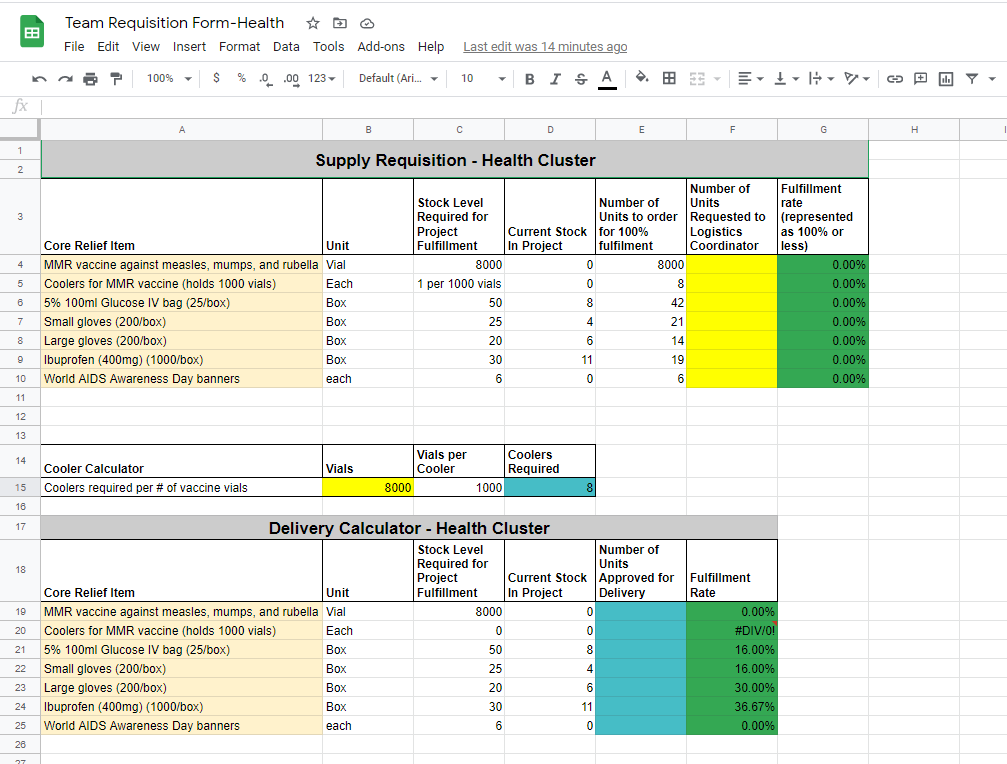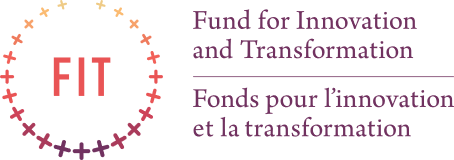Lessons Learned is now partway through our very first “Testing Week” for our project Promoting Localised, Gender-Aware Development for Humanitarian Training. After completing the weeks-long lecture portion of these workshops, participants have since been working with a team of mentors to being the construction of their own simulation designs. This week (and next), theory meets practice, as participants are being invited to run playtests of their designs in order to share their work and discover how far they have progressed. What’s even more exciting, is that the designers have been encouraged to join in on one another’s playtests, providing everyone with perspectives from both sides of simulation delivery!
To help get the ball rolling for testing week, the LLST team decided to join in on the adventure: today we ran a playtest of our upcoming teamwork and logistics game Route 726. Intended for new and/or prospective humanitarian workers, Route 726 was designed by LLST’s Matthew Stevens and Ben Stevens, alongside Carolyn Aubry, an independent designer and expert in strategic sourcing and supply chain optimization. Inspired by Carolyn’s real-world experience as a logistics coordinator, the game asks participants to work together to requisition supplies and deliver them to a community in need… but when the team’s delivery system hits a speed bump they will be faced with difficult decisions as they learn to reprioritize and compromise. Today’s test was a great demonstration of the need for playtesting, as our participants were able to provide some excellent feedback that will greatly improve Route 726 in the future. We would like to give a big thank you to everyone who participated in our playtest!

Testing week has been a great success so far, with many playtests still to come. We cannot wait to continue to explore the incredible designs of all of our participants. These designs could not have been possible without the incredible work of our implementing partners, Save the Children and CRISP Berlin, as well as the generous support of the Fund for Innovation and Transformation, Global Affairs Canada, and the Inter-Council Network.











